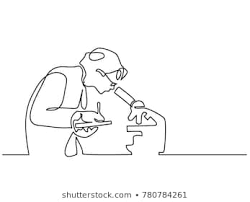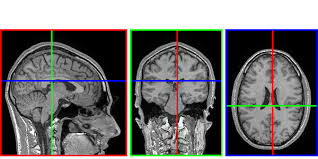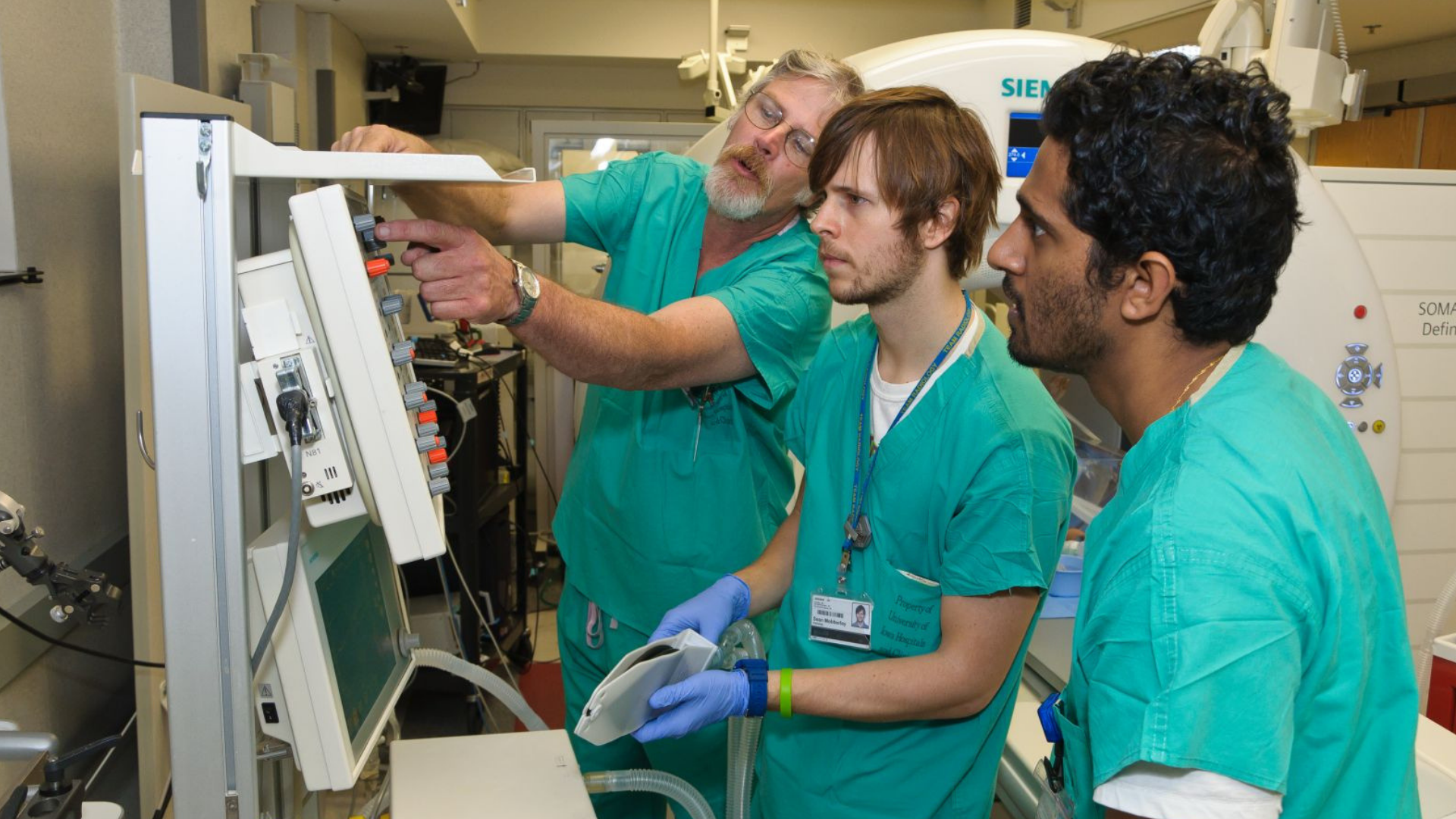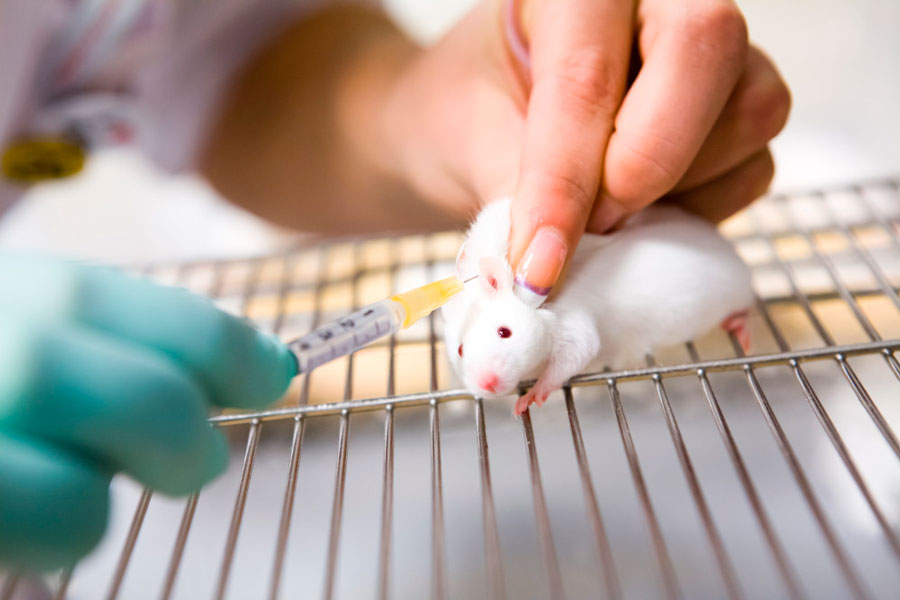One year experience at a hospital

As I explained here, once you have done a Master's Thesis, there will be, at some point, a strange feeling of being completely lost.
Except if you began working during the last months or year of studying, it is completely normal to ask yourself: what now?
It happened to me.
So let's see what my first year of working was like.
Time spent looking for a job

We are going, to begin with, the good news.
Congrats, if you are a biomedical engineer, you should be able to find a job in so little time. In my case, it was around four months, and most barely three months among my friends from the university. Of course, some people found it in less time. The person that lasted the most was looking for almost a year.
I won't lie to you: no matter the time, you are going to find it very long. At some moments, you'll even just get tired, at others you'll have extra motivation and you'll send like too many CVs without a flinch, others your motivation will be at zero.
So yes, even if you'll find a job quite well, it will be frustrating and tiring.
However, it is still not that much time. In my case, I live for now in Spain, and I can assure you: here, it is 14% of the unemployment rate! I have had colleagues that had studied other careers ( amazing ones such as Chemics or Biotechnology) and they have been searching for an average amount of two years!
Keeping that in mind, we are lucky.
However...
However, finding a job early doesn't mean you'll find the job of your life. Let's be a realist. You'll probably find the job of your life on the first try even if you spent a lifetime looking for it. Some people are lucky enough, though.
Why? It is not your fault. It is not even the type of work you are doing. It's just that you seemingly don't know what you'll like to do. And it is completely normal !!
Yes I know, you already know what kind of subject you enjoy the most or at least you think so. However, there is a difference between studying something and working at it. I explain it here.
Three paths
If you want to have a better insight into the biomedical engineering fields, I send you the article I wrote about it.
Of course, now I am going to simplify it a lot because it's HELL far more complicated. But you have, in general terms, in the beginning, three final spots for working: companies, hospitals, or institutions.
I ended up in a hospital.
My personal Experience
Among the bad aspects of being biomedical engineer, at least for now, and I suspect, still for a couple of years, is that many people do not have a clear idea of exactly what we are, what we can achieve. I explained that here.
I do not know if that was exactly what happened, but my experience was awful. Very very bad.
My tasks

I was supposed to be hired as a pre-clinical bioengineer, and my activity was going to be on medical image analysis (to understand what is the pre-clinical field, I will talk about it in a future post) I was there for one year, and I was supposed to perform image analysis, provide technique support, and also be at the laboratory with the animals. <br>
Sounds great, right?
I also thought it. I do not particularly fancy image analysis, but it was the first job. I needed something, and at least it was an experience at a famous hospital, which means to be recognized, and of course, I could only develop my skills. And indeed, I did. But sometimes that is not enough.
When you do not feel right at your working place
I did almost everything. Sometimes, it wasn't even an engineer job. That was frustrating because I had the feeling my capabilities and skills were rotting. It was an awful feeling.
At some point, I only was able to think, "what the heck am I doing here?".

Furthermore the people, although kind, was not particularly interesting or open-minded.
In the beginning, I was constantly learning, but in a short time, I reached the top of that learning. Finally, the salary was not THAT good (but at least I had a job).
As far as no job is perfect when the worst aspects are heavier than the best ones, there is a problem.
And your job, when you are full-time, even if at the end of the day you do other things, it is where you pass most of the time. Eight hours per day can be very long!
Moreover, sometimes, and more often in Research, extra hours are done. So, unless you like it, at some point, it becomes heavy, unliveable.
Positive aspects
I won't tell you that it was a complete nightmare. There were positive aspects. At first, as I already said, the prestige of that particular Hospital.
Then, the fact of working in Research, and particularly in Biomedical Research. That isvery important for after, as many jobs ( from consultancy to sales representative, research, or companies) are often looking for people who have experience at a hospital or similar, meaning that I know how the clinical environment is. Why? Because they are the final client/targets/associates of those other entities and that meaningless in the field of bioengineering.
I also can't deny that I learned a few things, even if I do not find they were the most important for me, but still, I learned, and even in a different job, that knowledge can be useful.
And I learned what that kind of job is like, I understood that I didn't want to continue in Image Analysis, and that, even if for now Research sounds good, I do not wish that kind of ambiance.
Projects
It didn't matter if I liked it or not. I managed to do many projects, and about that, I am proud. I'll list them in a future article, so you can have a small overview and understand a bit more which kind of work I performed.
The biggest problem
The big problem, the deal, was that there was no future there. I couldn't evolve, reach a higher degree. I know, because I asked. I wanted to go further, have more responsibility, even if it implied more hard-working. But the reality was they were not interested. Talking about changing the field inside the Research group was not even to think on. They wanted people to do qualified small works the more cheapie for around one or two years.
I cannot be upset at them about that. It is how they work, but it was not for me. However, I think it can be enjoyable, for people who like the kind of activities. It would be not for a long time but can be a start point.

Another thing that I didn't like at all, was I was supposed to be manipulating the animals - rats and mice - at the laboratory, and I never did, not even to put the animal on the imaging machine ( RMI machine). On that point, I was completely, rightly angry, because it was on my contract, and was one of the most appealing elements for me.
I was supposed to be on formation, but they didn't pay me the Animal Manipulating Certificate -which was up to 800 euros! -. My learning consisted of studying on my own a programming book. I was so disappointed.
Conclusions
I was happy when I quit. I would not tell you not to accept a job at a hospital. Do it, as I just said, you can enjoy it if you are lucky.
After that year at the hospital, the most important advice I can give you is:
when you pass an interview, you must ASK. ASK, as much as possible, about the work you will be doing. Even at the risk of being a bit bothering. ASK.
